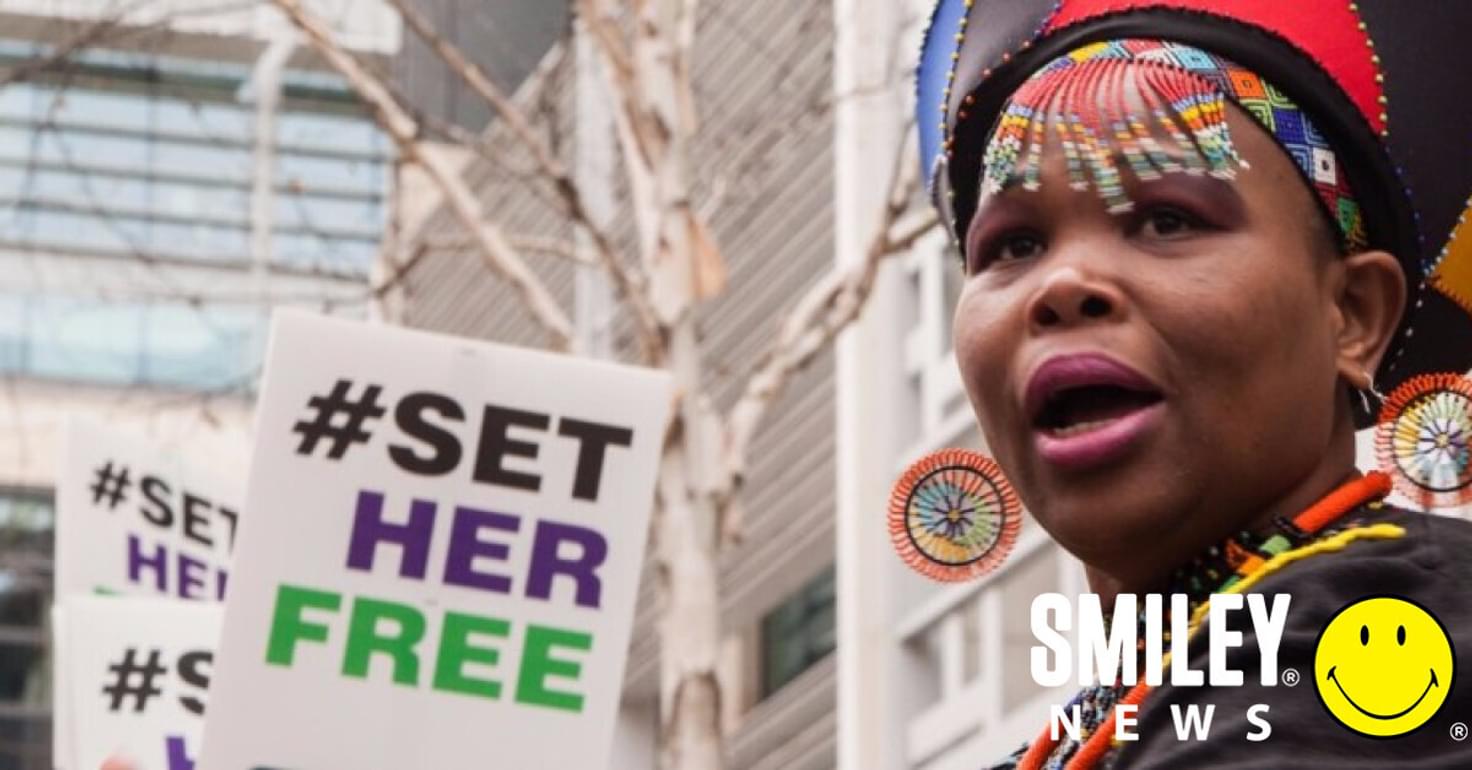
Words by Smiley Team
The Sisters Not Strangers coalition has surveyed 115 refugee and asylum-seeking women about how they have survived during the pandemic.
The results demonstrated that women who were already living in poverty before the outbreak had been made even more vulnerable to hunger and ill health.
Of the women surveyed, three quarters went hungry during the pandemic, including mothers who struggled to feed their children. Furthermore, a fifth of women surveyed were homeless, relying on temporary arrangements with acquaintances for shelter, or sleeping outside or on buses.
The survey was conducted by Sisters Not Strangers, a campaign led by refugee and asylum-seeking women with the purpose of building solidarity for women who have come to the UK to seek safety but have instead been made destitute.
Many of those who come to the UK to claim asylum are unfairly refused due to difficulties amassing evidence needed, the difficulties in finding a good lawyer or because the Home Office did not make a fair decision.
When a person is refused asylum they can be left without any support, any housing, or any right to work. Many of those initially refused do get leave to remain in the end after years of struggle, but the destitution they face is incredibly difficult especially for women. Women who are destitute are frequently abused, exploited, suffer ill health and become depressed.
The recent pandemic has exacerbated the inequalities already faced by these women. More than 20 of the women surveyed said they did not feel able to go to the NHS even when they or a family member had COVID-19 symptoms. A staggering (82%) said that their mental health had worsened during the crisis, because of isolation and being cut off from support services.
Lo Lo*, an asylum-seeking woman who was homeless in London during lockdown said, “I have serious health conditions that mean it would be particularly dangerous for me to catch the virus. For a week during lockdown, I slept on buses. I went from one side of London to the other, because it was free to travel on the bus then.”
“I would like the government to respect us, let us be safe and treat us with dignity as human beings”
The coalition who created the report are all ones that have supported women trapped in abusive or exploitative situations during the pandemic, including women forced to do unpaid work for shelter and women living with violent partners.
As Natasha Walter, director of Women for Refugee Women notes, this is not the first time research into the conditions asylum-seeking women live in has been done.
“Previous research has established that almost all women who seek asylum in the UK are survivors of gender-based violence. Even before this crisis, we have seen how they are forced into poverty and struggle to find safety.
“During the pandemic they have too often been left without basic support including food and shelter. It is now vital that we listen to these women and ensure that we build a fairer and more caring society.”
Loraine Mponela, chair of Coventry Asylum and Refugee Action Group says "this research is so important because when we speak as individuals it can sound as if we are trying to dramatise the situation. It's not drama, it's real life. These are the problems that we are going through on a day-to-day basis as asylum-seeking women”.
“We need to build solidarity to carry us through this crisis and also enable us to work together after the pandemic to create a more equal and safer society for women.”
To find out more about the Sisters Not Strangers campaign and to read the full report head to https://www.sistersnotstrangers.com/hearus
*names have been changed to protect privacy
By Ellen Jones